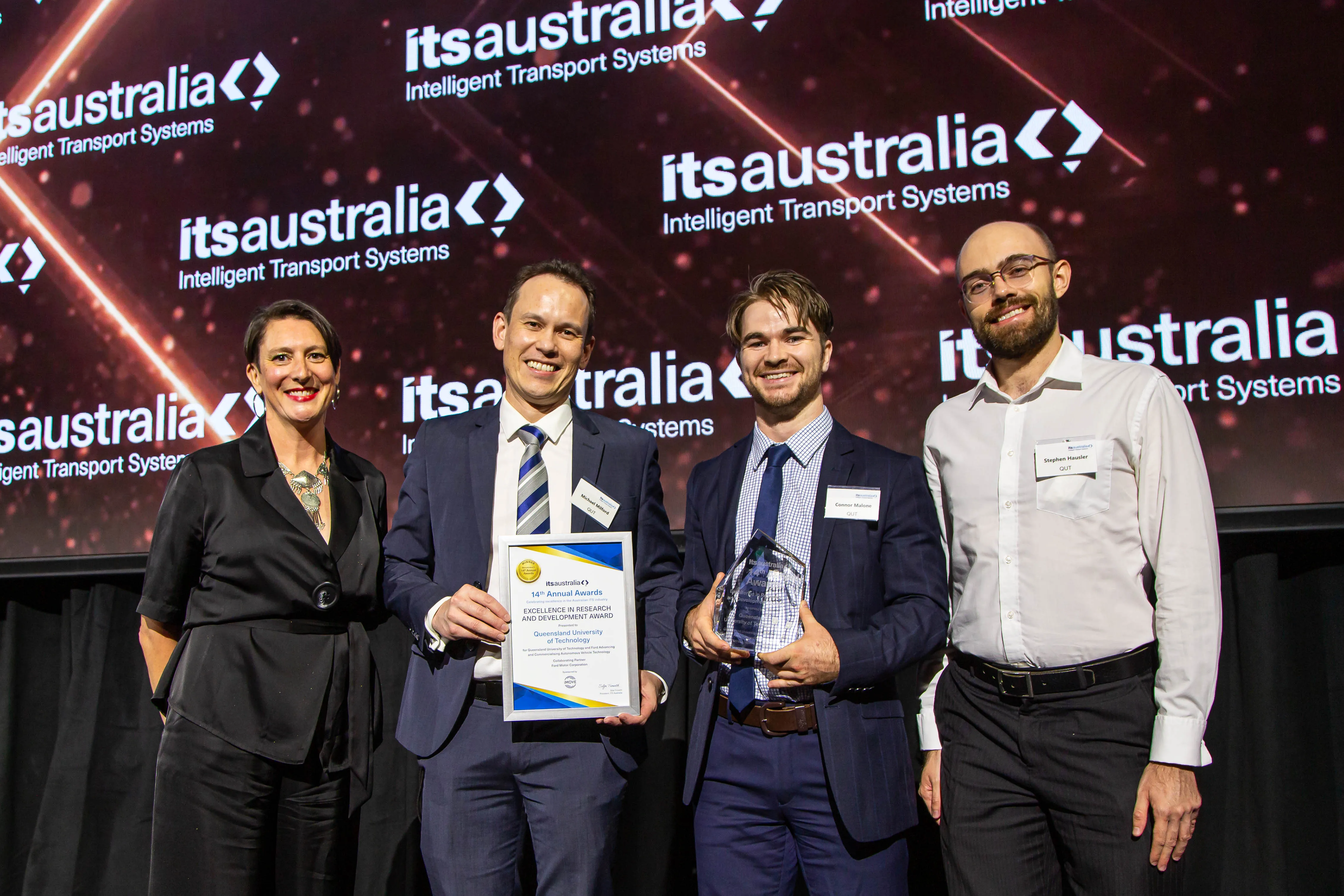Queensland is preparing for driverless and connected vehicles with ambitious plans underway for a four-year on-road testing trial in Australia as part of the Cooperative and Automated Vehicle Initiative (CAVI) to ensure the State is ready for the future. The government has chosen the urban area of Ipswich as the site of the large-scale test-bed to trial vehicles and infrastructure that can talk to one another as well as to test cooperative and highly-automated vehicles.
Around 500 motorists will be recru
November 25, 2016
Read time: 2 mins
Queensland is preparing for driverless and connected vehicles with ambitious plans underway for a four-year on-road testing trial in Australia as part of the Cooperative and Automated Vehicle Initiative (CAVI) to ensure the State is ready for the future. The government has chosen the urban area of Ipswich as the site of the large-scale test-bed to trial vehicles and infrastructure that can talk to one another as well as to test cooperative and highly-automated vehicles.
Around 500 motorists will be recruited to take part who will have their vehicles retrofitted with cooperative intelligent transport systems (C-ITS) technology, which provides safety warnings to the driver about a range of conditions, such as a pedestrian crossing at a signalised intersection, a red light runner or a queue ahead that isn’t visible to a driver.
Announcing the trials, Main Roads and Road Safety Minister Mark Bailey said, “Our interest in testing these vehicles is to help understand the implications for our infrastructure and drivers, and the improvements to automated vehicle performance when the vehicle can talk to other vehicles and infrastructure.
“These rapidly developing technologies have the potential to significantly reduce crashes and crash-related gridlock, as well as reduce vehicle emissions and fuel use over coming decades.
“While industry is leading the development of advanced vehicle technologies, the success of these will rely upon connecting to our existing traffic systems.”
311 Bosch Australia’s Mark Jackman said the Bosch highly automated driving vehicle, which is co-sponsored by the Victorian government, will be used in trials and demonstrations across Australia to assist government and its agencies to prepare for when these cars become commercially available.
The CAVI project is co-funded by the Motor Accident Insurance Commission. It will be delivered with the support of a number of organisations including Ipswich City Council, Bosch Australia and QUT’s Centre for Accident Research and Road Safety – Queensland (CARRS-Q). Additional industry partners will be announced as the project moves through a market engagement process.
On road testing is expected to occur in the year 2019.
Around 500 motorists will be recruited to take part who will have their vehicles retrofitted with cooperative intelligent transport systems (C-ITS) technology, which provides safety warnings to the driver about a range of conditions, such as a pedestrian crossing at a signalised intersection, a red light runner or a queue ahead that isn’t visible to a driver.
Announcing the trials, Main Roads and Road Safety Minister Mark Bailey said, “Our interest in testing these vehicles is to help understand the implications for our infrastructure and drivers, and the improvements to automated vehicle performance when the vehicle can talk to other vehicles and infrastructure.
“These rapidly developing technologies have the potential to significantly reduce crashes and crash-related gridlock, as well as reduce vehicle emissions and fuel use over coming decades.
“While industry is leading the development of advanced vehicle technologies, the success of these will rely upon connecting to our existing traffic systems.”
The CAVI project is co-funded by the Motor Accident Insurance Commission. It will be delivered with the support of a number of organisations including Ipswich City Council, Bosch Australia and QUT’s Centre for Accident Research and Road Safety – Queensland (CARRS-Q). Additional industry partners will be announced as the project moves through a market engagement process.
On road testing is expected to occur in the year 2019.








